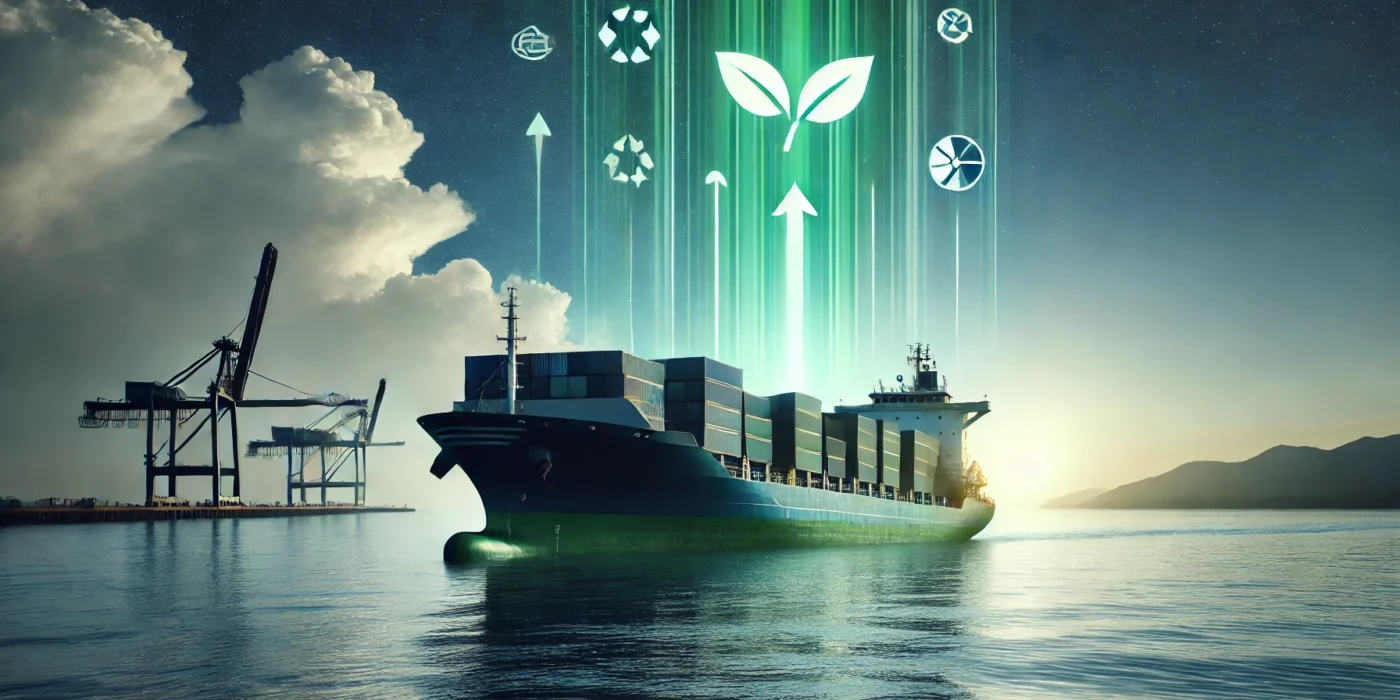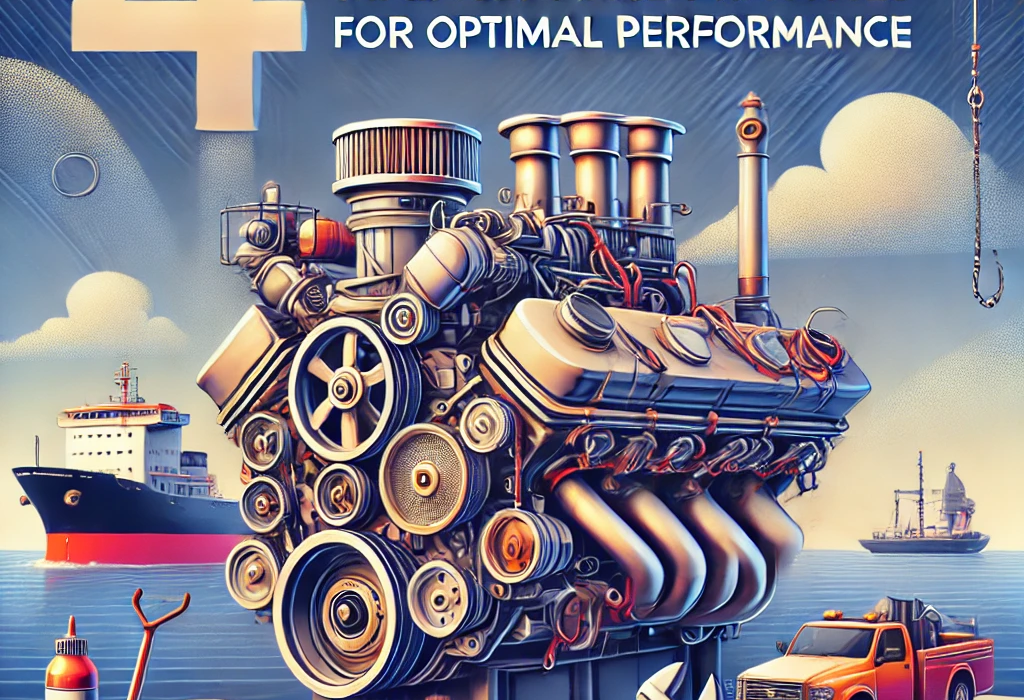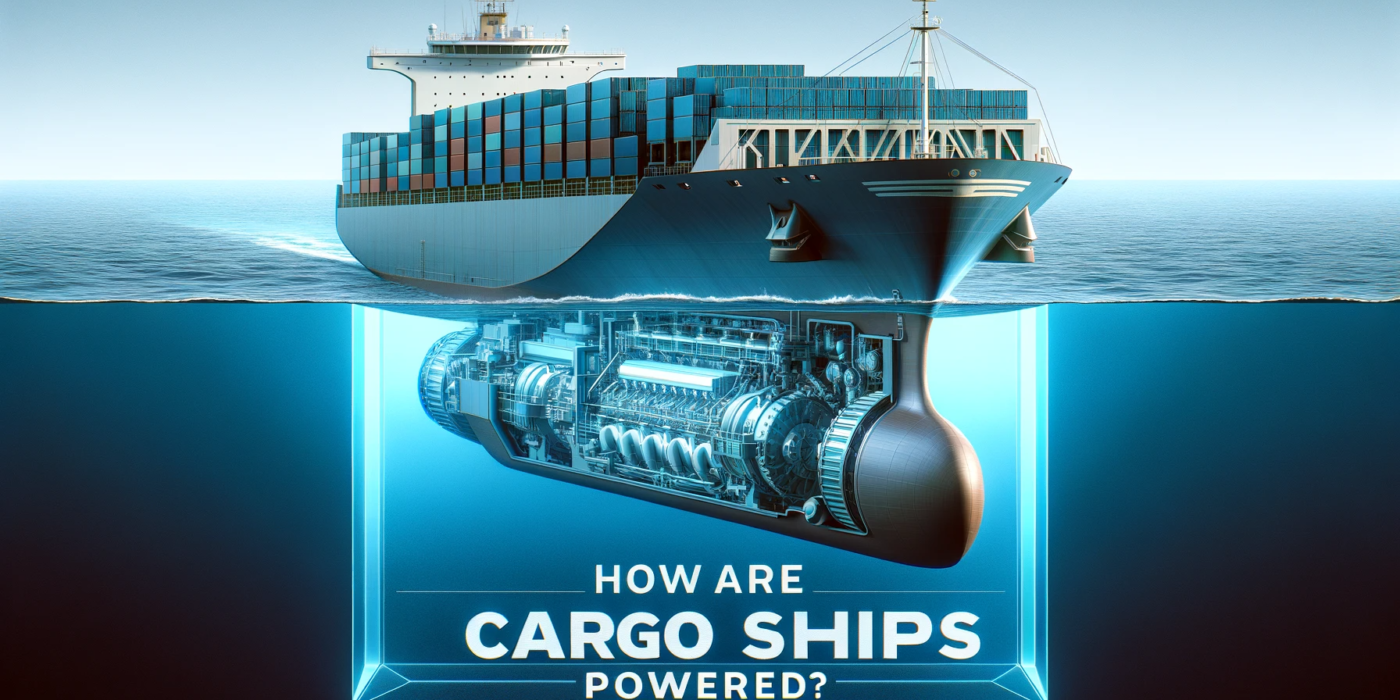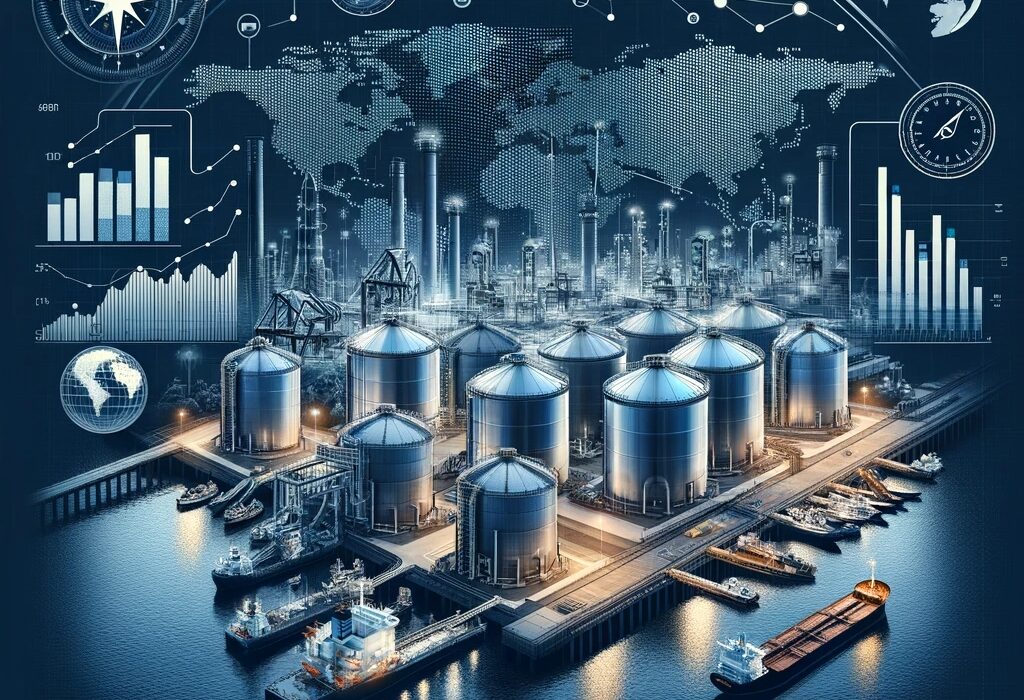Introduction
Could a simple yet strategic approach really drive impactful emissions reductions and bring significant benefits to your fleet? The answer lies in focusing on marginal gains—small, steady improvements that add up over time. This approach is rooted in making tiny, incremental changes across various areas, which, when combined, can lead to impressive results without requiring substantial investment or complex transformations.
Read on to discover how the principle of marginal gains can help you enhance your emissions reduction strategy and achieve sustainable results for your fleet.
Why Marginal Gains Are Key to a Successful Emissions Reduction Strategy
The concept of marginal gains centers around making many small improvements rather than one massive change. These micro-optimizations may seem minor individually, but their cumulative effect can lead to significant progress. A famous example comes from competitive cycling: the British cycling team, led by Sir Dave Brailsford, applied this philosophy to achieve remarkable success by focusing on 1% improvements across numerous areas. These collective gains transformed their performance, resulting in a surge of victories and Olympic medals.
In the maritime industry, this approach can be just as effective. Here’s how focusing on marginal gains can help you reduce emissions and improve efficiency across your fleet.
Three Key Strategies for Marginal Gains in Fleet Emissions Reduction
1. Fine-Tune Engine Efficiency
Improving your engines’ efficiency, even slightly, can have a profound impact on fuel consumption and emissions. The goal is to ensure that engines operate as efficiently as possible for different conditions, maximizing every bit of energy they consume.
For instance, ferry operator Wasaline optimized the engines on its Aurora Botnia vessel by making small adjustments. These changes led to fuel savings and considerable emissions reductions over time. Aligning your engine’s powertrain to match various sailing profiles can also boost efficiency, allowing for significant fuel savings without major overhauls.
2. Monitor and Maintain Essential Components
Effective emissions reduction goes beyond the engine—it extends to monitoring and maintaining key components. Routine checks and timely maintenance of critical parts, like filters and coolers, can improve fuel efficiency and cut down emissions.
Data and analytics are essential for knowing precisely when components need attention, and modern AI-powered solutions offer robust support for this task. For example, An Canadian operator used Desert Marine Diesel’s Expert Insight to detect irregularities in a lubrication system, allowing them to address the issue before it escalated. Predictive maintenance technology like this helps fleets avoid unexpected breakdowns, maintain optimal performance, and keep emissions to a minimum.
3. Perform Maintenance Only When Necessary
Another powerful way to reduce emissions is through condition-based maintenance—a practice that bases maintenance schedules on real-time data instead of fixed intervals. This approach avoids unnecessary parts replacements or overhauls, reducing the environmental impact associated with manufacturing and transporting parts.
With data-driven insights, fleet operators can extend the life of components without compromising performance. This strategy cuts down on maintenance costs and supports your emissions reduction goals by minimizing the resources required for parts manufacturing and replacement. By freeing up resources, you can also invest in additional emission-reducing initiatives that will have a greater long-term impact.
How to Identify Marginal Gains that Fit Your Fleet
Determining which marginal gains will be most effective for your fleet often requires the right support and expertise. Partnering with a service provider who can offer a customized maintenance and emissions reduction plan can ensure that you’re targeting the most impactful areas for improvement.
For instance, working with a provider like Desert Marine Diesel, which offers tailored service agreements, can help fleets:
- Harness real-time data to anticipate and address potential issues before they impact performance.
- Adjust maintenance schedules based on actual usage and wear, rather than a standard timetable, saving on costs and reducing emissions.
- Access continuous support from skilled experts who can help crews resolve any operational issues quickly and effectively.
- Implement outcome-based agreements that align directly with your goals, such as lower fuel consumption, reduced emissions, and increased sustainability.
Added Benefit: Less Downtime Equals Lower Emissions
Minimizing unscheduled downtime can further reduce your fleet’s emissions. When vessels experience downtime, operators often need to make up for lost time by speeding up, which results in increased fuel consumption and higher emissions. Predictive maintenance solutions, like those offered through Desert Marine Diesel’s service agreements, have been shown to reduce unplanned maintenance by an average of 25%.
Conclusion: Let Marginal Gains Fuel Your Sustainability Journey
Embracing the philosophy of marginal gains could be the simple yet powerful shift your fleet needs to achieve meaningful emissions reductions. By targeting small, specific improvements across your operations, you can drive substantial benefits for both the environment and your bottom line.
Consider starting with these three steps:
Optimize your engine for maximum efficiency
Regularly monitor and maintain essential components
Adopt data-driven maintenance practices to reduce waste
With the right support and a tailored strategy, marginal gains can add up to big results for your emissions reduction efforts.
Next Steps
Ready to begin your emissions reduction journey? It might be time to explore a tailored service agreement, like those offered by Desert Marine Diesel, which currently supports worldwide. With a 93% renewal rate, it’s clear that fleets benefit from this outcome-based approach to achieving long-term sustainability.






